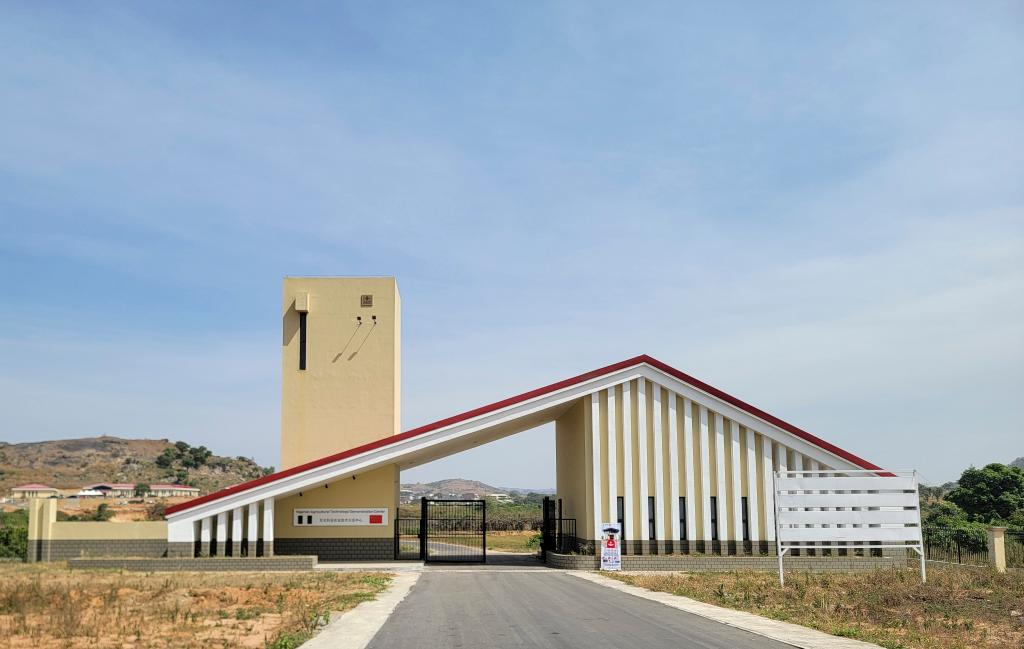By Staff writer

The collaboration between China and Africa in agriculture has emerged as a pivotal strategy to address the continent’s pressing challenges of food insecurity and unemployment. Leveraging China’s technological expertise and Africa’s vast arable land, this partnership is fostering sustainable agricultural practices, enhancing food production, and creating employment opportunities across the continent.
Since 2006, China has established 24 Agricultural Technology Demonstration Centers (ATDCs) in 24 African countries. These centers serve as hubs for disseminating advanced agricultural technologies and practices. For instance, the introduction of hybrid rice varieties has led to yield increases of over 20% compared to local strains. Similarly, cassava varieties introduced by Chinese institutions have quadrupled yields, substantially enhancing food security.
In Rwanda, the Juncao project exemplifies China’s commitment to sustainable agricultural practices. Experts from China’s Fujian Agriculture and Forestry University have collaborated with the Rwandan government to promote Juncao technology and other agricultural innovations at the China-Rwanda Agriculture Technology Demonstration Center in Huye. This initiative has benefited over 4,000 Rwandan farmers and created more than 30,000 jobs along the agricultural value chain.
China’s “Go Out” policy has led to substantial investments in African agriculture. In Uganda, Chinese experts have been instrumental in planning agribusiness projects, with over 40 agricultural scientists involved since 2012. These collaborations have enhanced local agricultural practices and productivity.
Chinese enterprises have invested in extensive agricultural projects across Africa. Examples include the Wanbao Rice Farm in Mozambique and the China-Zambia Friendship Farm, covering 630 hectares. These farms not only boost local food production but also provide employment opportunities, exemplifying China’s focus on “small and beautiful projects” that are both impactful and sustainable.
At the Forum on China-Africa Cooperation Summit in 2024, President Xi Jinping announced a $51 billion financial support package for Africa over the next three years. This funding aims to improve infrastructure and create at least one million jobs. The financial commitment reflects China’s continued and expanding influence in Africa despite challenges and past commitments.
China produces about one-fifth of the world’s food on 9% of its arable land. Africa, with 65% of the world’s uncultivated land, imports nearly 30% of its food from other continents. China’s practices in this area have proven to be valuable to Africa, and agricultural cooperation offers a path to ensuring food security for over 1.4 billion Africans.
In Uganda, where over 70% of the population rely on agriculture for livelihood, the China-Food and Agriculture Organization of the United Nations-Uganda South-South Cooperation Program was launched in 2012 to build capacity on poverty reduction and improve food security. Along with the introduction of new seeds and assistance from Chinese agricultural experts, rice yields in project areas have increased by approximately 400%, with per hectare yields rising from 1.5 tons to about 7.5 tons in a decade.
The China-Africa agricultural partnership stands as a testament to the power of international cooperation in addressing global challenges. Through technological transfer, infrastructure development, financial support, and capacity building, this collaboration is paving the way for enhanced food security and job creation across Africa. As both regions continue to work together, the potential for sustainable agricultural development and economic growth remains promising.
 Africa -China Review Africa -China Cooperation and Transformation
Africa -China Review Africa -China Cooperation and Transformation
